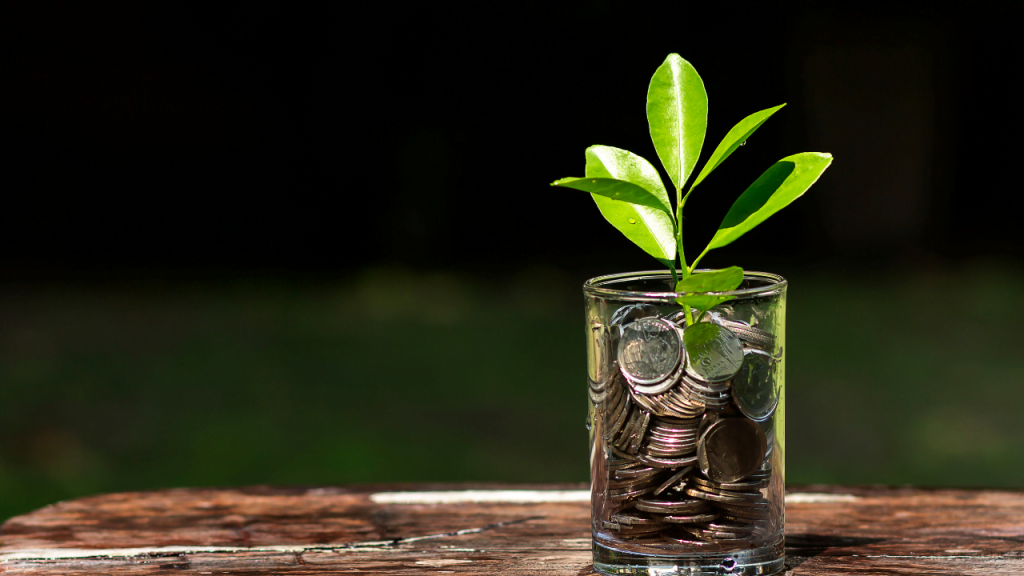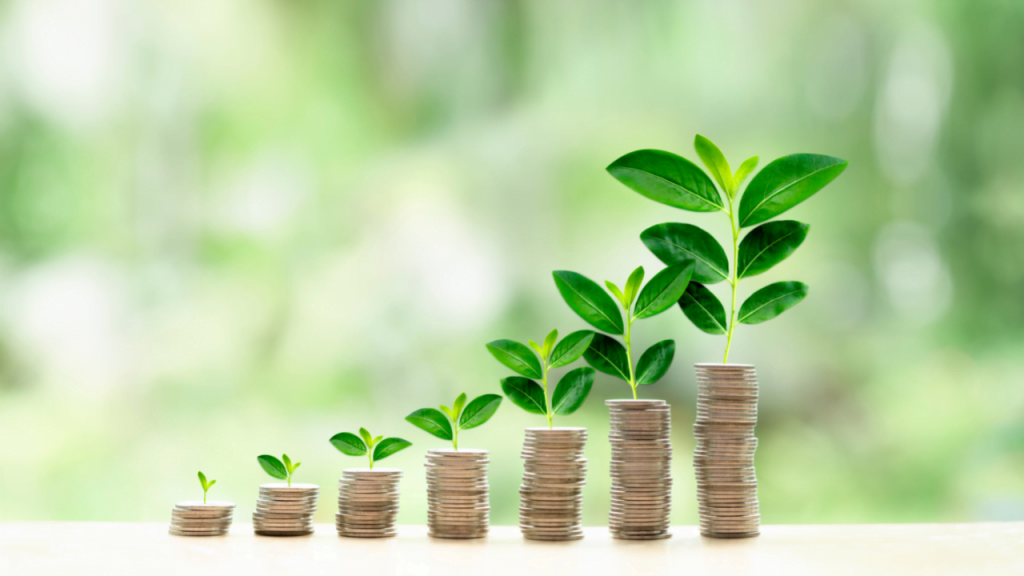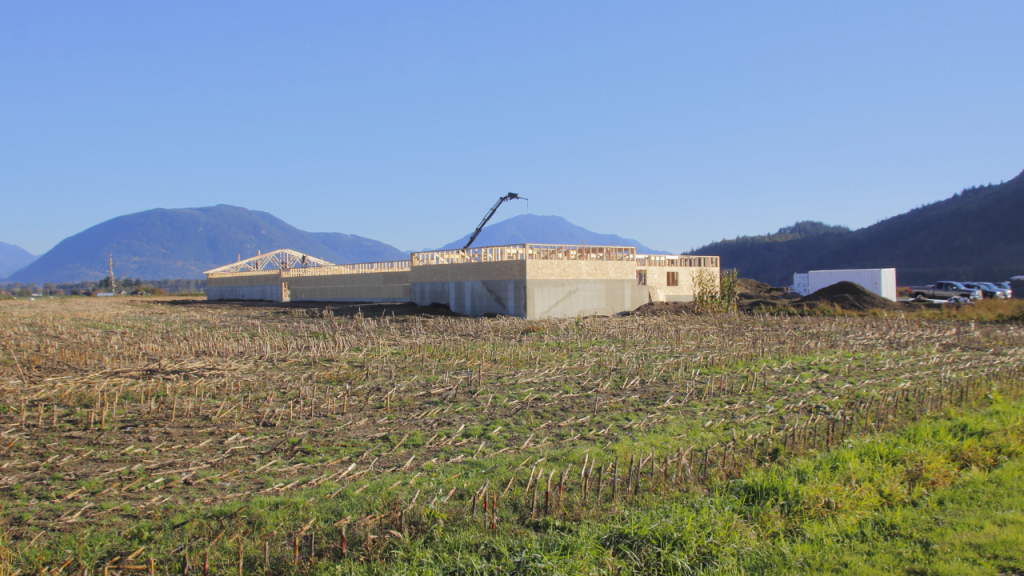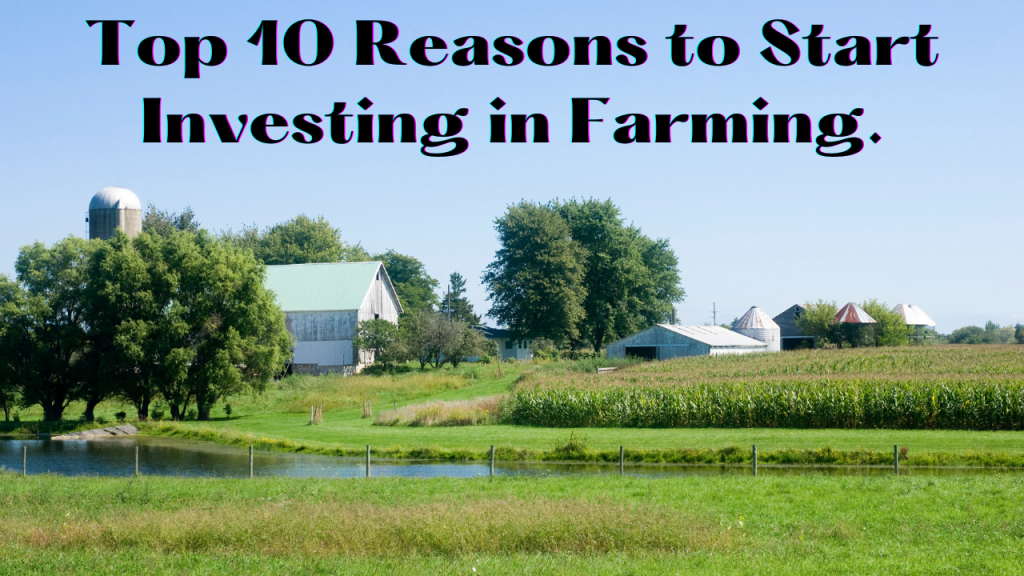Investing in farming is a smart choice for anyone looking to make a long-term investment with the potential for stable returns. Not only can it provide financial benefits, but it can also contribute to food security, environmental protection, and community development. With the world population estimated to reach 9.7 billion by 2050, the need for sustainable food production is greater than ever.
Table of Contents
ToggleWhat Is An Investment Farm?
Investing in farming can be a smart financial decision for various reasons. Farming is a relatively stable and stable industry because the demand for food will always be there. Additionally, investing in farming can protect against inflation as food costs tend to rise over time. In addition, investing in farming can also be a way to promote sustainable, environmentally friendly practices. Read more to understand reasons to start investing in farming.
One of the main reasons to start investing in farming is the industry’s stability.
Farming is a basic human need and will always be in demand. Unlike other industries subject to economic fluctuations, farming is relatively insulated, which means that even during a recession, people still need to eat. Farmers will still have an outlet for their produce.
Another reason to invest in farming is the growth potential.
As the world’s population continues to grow, so will the demand for food; this means that farmers and farming companies will have more opportunities to expand their operations and increase their profits. Additionally, advances in technology have allowed farmers to grow more food on less land, which can lead to increased efficiency and profitability.

Investments in farming can also promote sustainable and environmentally friendly practices.
Many farmers today use sustainable and organic farming methods that can positively impact the environment and consumers’ health. Investing in these types of farming operations can not only bring financial returns but also contribute to a healthier and more sustainable planet.
Farming can also be a source of passive income for investors. For example, investing in farmland or leasing land to farmers can provide a steady income stream. In addition, investments in farming companies can bring dividends to shareholders.
These investments provide investors with long-term growth and a steady income stream. In addition, the world is facing a global food crisis, and food systems are under pressure to provide food for a growing population.
Current food systems are not sustainable and cannot provide enough food for the future.
Investments in farming can help improve food systems and make them more sustainable. Investments in sustainable farming methods and crop diversification can reduce the impact of farming on the environment and increase food security.
Farming is a relatively stable and stable industry because the demand for food will always be there. Additionally, investing in farming can protect against inflation as food costs tend to rise over time. In addition, investing in farming can also be a way to promote sustainable, environmentally friendly practices and contribute to a healthier and more sustainable planet.
Lastly, farming can also be a source of passive income and long-term growth for investors. With the current global food crisis and growing population, investment in farming can also help improve food systems and make them more sustainable.

List Of The Top 10 reasons:
Here are the top 10 reasons to start investing in farming right now:
- Food Security: As the world’s population grows, so does the demand for food. Investments in farming can help ensure stable food supplies for the future, both domestically and globally.
- Environmental benefits: Sustainable farming practices can improve soil health, protect biodiversity and reduce greenhouse gas emissions. By investing in sustainable farming methods, you can play a role in protecting the Earth’s natural resources and fighting climate change.
- Economic Opportunities: The global market for farming products is expected to reach $8.5 trillion by 2030, providing numerous opportunities for economic growth and job creation. Investment in farming can also provide a source of income for rural communities, helping to alleviate poverty and improve living standards.
- Health and Wellness: Eating a diet rich in fresh fruits and vegetables can improve overall health and well-being. Investments in farming can help make healthy foods more accessible to more people, especially in underserved communities.
- Diversification: Investing in farming can provide a diversified portfolio because the performance of farming investments is not closely tied to the stock market. Farming can provide some stability, even in times of economic upheaval.
- Tax benefits: Many countries offer tax incentives for investing in farming, making it a more attractive investment option. These incentives may include deductions for equipment and machinery and tax credits for conservation practices.
- Technological advances: Technological advances such as precision and vertical farming make farming more efficient and sustainable. Investments in these technologies can help farmers increase yields and reduce costs, making farming more profitable.
- Community development: Farm investments can help support local communities by providing jobs and improving access to fresh, healthy food; this can be particularly important in developing countries where smallholder farmers may not have access to the resources and technology they need to be successful.
- Adapting to climate change: farming is particularly vulnerable to the impacts of climate change. Investments in farming can help farmers adapt to changing weather conditions and protect crops from extreme weather events.
- Long–term investment: farming is a long-term investment with the potential for stable returns over time. Investing in farming can provide investors with a sense of security and stability, as well as the satisfaction of knowing you are playing a role in feeding the world and preserving the planet for future generations.
Importance Of Investing in Farming.
Farming can be a great way to diversify your portfolio and get a steady return on your investment. There are many reasons why someone might decide to start investing in farming, and the specific reasons will vary from individual to individual.
However, the most common reasons include the desire to promote sustainable, environmentally friendly practices, the potential for a high return on investment, and the desire to be involved in food production. One of the main reasons people choose to invest in farming is the potential for a high return on investment. Farming can be a relatively stable and consistent industry, and the demand for food is always present.
In addition, many types of farming, such as organic and sustainable farming, may command higher prices for their products, leading to higher returns for investors.
Another reason people may invest in farming is the desire to promote sustainable and ecological practices. Many people are concerned about the environmental impact of conventional farming practices and want to support farming methods that are more environmentally friendly. Investments in sustainable and organic farming support these practices and encourage more responsible use of resources.
Another reason people may invest in farming is the desire to be involved in food production. Many people care about where their food comes from and how it is produced, and investing in farming can be a way to be more connected to the food production process. Plus, owning a share of a farm can give you a sense of pride and connection to the land.

Investing in farming is becoming increasingly important for a variety of reasons. Here are some key reasons why it is important to start investing in farming right now:
- Growing demand for food: With the world’s population projected to reach almost 10 billion by 2050, the demand for food is expected to rise significantly. Farming can help meet this growing demand and provide a steady return on investment.
- Sustainable and environmentally-friendly practices: The increasing awareness of the negative impact of industrial agriculture on the environment has made investing in sustainable and environmentally-friendly farming practices more important than ever. Investing in sustainable farming can promote these methods and make them more prevalent.
- Diversification: Investing in farming can greatly diversify a portfolio and reduce risk by spreading investments across different industries.
- Food security: Investing in farming can contribute to food security by ensuring a steady food supply and reducing import dependency.
- Climate change: Investing in sustainable farming practices can also combat climate change by reducing carbon emissions and promoting sustainable land use.
- Economic development: Investing in farming can contribute to economic development by creating jobs and supporting local economies.
- Personal satisfaction: Investing in farming can also provide personal satisfaction and a sense of accomplishment by supporting sustainable and environmentally-friendly practices and being directly involved in food production.
- Investment options: Investing in farming can be done through various means, such as farm partnerships, farmland REITs, CSA programs, publicly traded farming companies, and agricultural commodities, allowing various investment options for different risk profiles and investment goals.

Supporting local farmers:
CSA programs and farm partnerships allow individuals to invest in and support local farmers, which can positively impact the local economy and community.
Location–specific: farming is a location-specific industry; investing in farming can benefit local economies, providing jobs and food security for the local population.
It is important to consider these factors when deciding whether or not to invest in farming and to do thorough research on any investment opportunities before committing to your funds. Additionally, it is important to consider factors such as location, type of crop or livestock, and current market conditions before investing in farming. Consulting with a financial advisor or an expert in the field of agriculture is also beneficial in making informed investment decisions.
So if you are investing in farming, there are several ways to do it.
One of the most popular ways to invest in farming is to partner with farmers; this is where a group of investors come together to buy and operate a farm, which can be a great way for people to invest in farming without fully committing to owning and running a farm.
Another way to invest in farming is through a farmland REIT (Real Estate Investment Trust). A REIT is a type of investment vehicle that allows investors to buy shares in a trust that owns and manages farmland; this can be a great way for people to invest in farming without fully committing to owning and running a farm.
You can also invest in a CSA (Community Supported farming ) program, where a group of individuals or families invest in a farm and then receive a share of the farm’s produce each week or month. It can be a great way to get involved in farming, and it can also be a great way to support sustainable and organic farming practices.
Another option is to invest in farming companies that are publicly traded; this can be a good way to invest in farming without the full commitment of owning and operating a farm yourself.
However, it is important to research and understand the risks of investing in a publicly traded company. Finally, you can invest in farming commodities such as cotton, wheat, corn, soybeans, etc. Commodities are raw materials traded on the futures market and can be a good way to invest in farming without owning a farm.
There are many reasons why someone might decide to start investing in farming, such as the desire to promote sustainable and ecological practices, the potential for a high return on investment, and the desire to be involved in food production.
There are many ways to invest in farming, including farm partnerships, farming REITs, CSA programs, publicly traded farming companies, and farming commodities. It is important to consider your objectives and risk tolerance when deciding how to invest in farming and thoroughly research any investment opportunities before investing your funds.
In addition, it is important to consider factors such as location, type of crop or livestock, and current market conditions before investing in farming. Consultation with a financial advisor or an expert in farming can also be beneficial in making informed investment decisions.
Conclusion:
In conclusion, farming is a great way to diversify your portfolio and earn a steady return on investment. There are many reasons why someone might choose to start investing in farming, such as:
- The potential for strong returns on investment as the demand for food is expected to rise significantly.
- The opportunity to be involved in food production can be a fulfilling and rewarding experience.
- Supporting sustainable and environmentally-friendly practices, such as organic farming and regenerative agriculture.
- The ability to invest in a specific farm through farm partnerships or in farmland without managing it through farmland REITs.
- Supporting local farmers and receiving a share of the farm’s produce through CSA programs.
- Investing in the larger agriculture industry without the need to be directly involved in the day-to-day operations of a farm through publicly traded farming companies and agricultural commodities.
- The potential to earn a steady return on investment.
- The potential to support sustainable and environmentally-friendly practices.
- The ability to invest in a specific farm through farm partnerships or in farmland without managing it through farmland REITs.
- The opportunity to support local farmers and receive a share of the farm’s produce through CSA programs.
However, it is important to consider your own goals and risk tolerance when deciding how to invest in farming and to do thorough research on any investment opportunities before committing to your funds. Additionally, it is important to consider factors such as location, type of crop or livestock, and current market conditions before investing in farming.
Consulting with a financial advisor or an expert in the field of agriculture is also beneficial in making informed investment decisions. It is also important to be aware of the potential downsides of investing in farming, such as the high level of risk and the potential for a high level of involvement.
Overall, investing in farming is a great way to support sustainable and environmentally-friendly practices while earning a steady return on investment. Still, it is important to carefully evaluate the potential risks and rewards before deciding.
In short, investing in agriculture can be a smart financial decision due to the growing global population and increasing demand for food, sustainable practices, and technological advancements. In addition, it can provide diversification to your portfolio, government support, and food security.
The trend for organic and non-GMO products, land recovery, and job creation makes them a profitable and socially responsible investment. It is important to remember that investing in agriculture can involve risks and volatility, as with any investment, so it is important to thoroughly research and understand a particular farming operation or market before investing.











